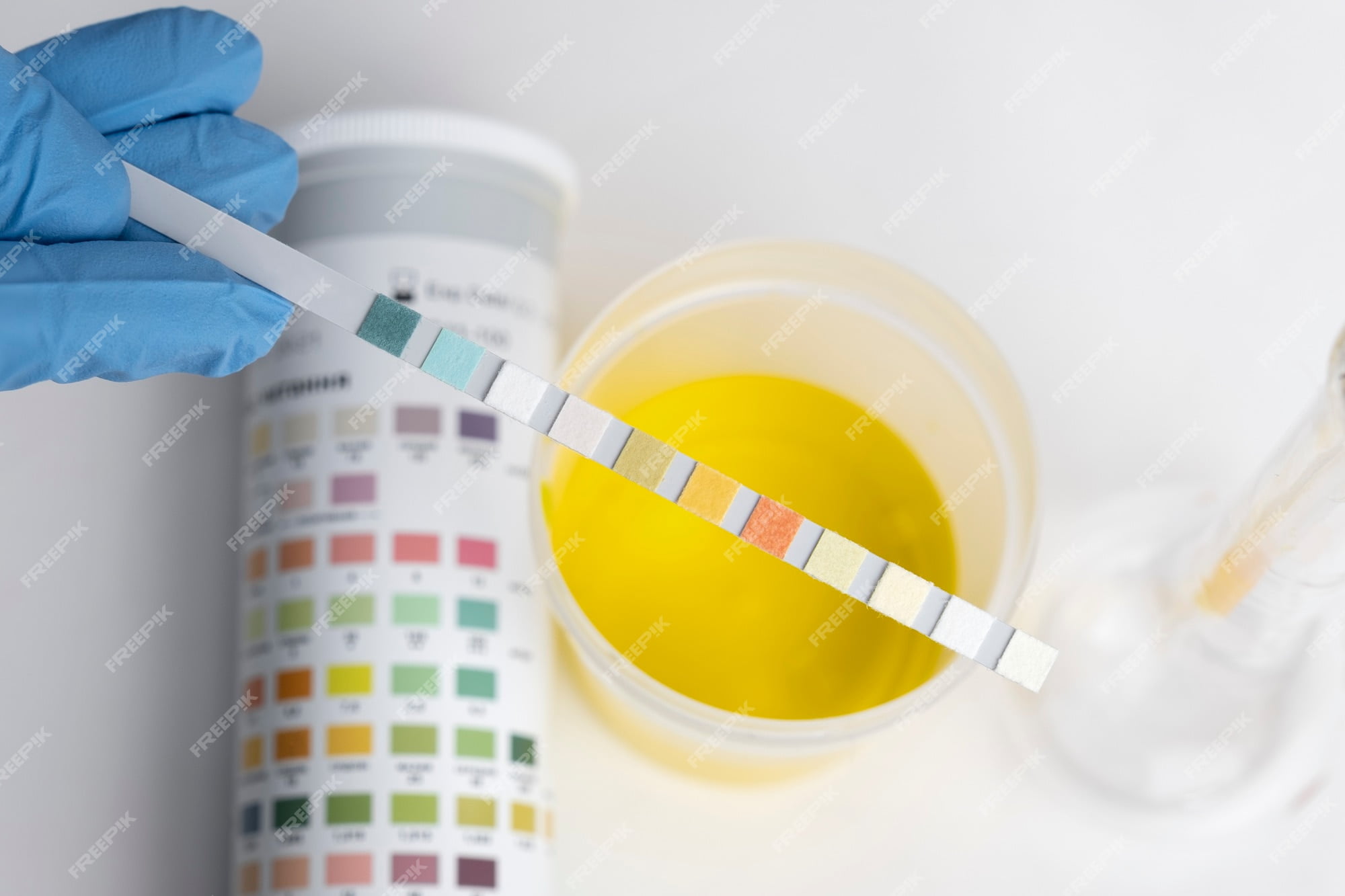
Pregnancy is a beautiful journey, but it can also bring about numerous changes in a woman’s body. One such change that often goes unnoticed is the fluctuation in pH levels in urine. Maintaining a balanced pH in urine is essential for overall health, and during pregnancy, it becomes even more critical. In this article, we will explore the reasons behind high pH in urine during pregnancy, its symptoms, and what you can do to address it.
Contents
- 1 Understanding pH in Urine
- 2 Importance of pH Levels in Urine During Pregnancy
- 3 Factors Influencing High pH in Urine During Pregnancy
- 4 Symptoms of High pH in Urine During Pregnancy
- 5 Diagnosis and Monitoring
- 6 Health Risks Associated with High Urine pH in Pregnancy
- 7 Tips for Maintaining Optimal pH Levels
- 8 Dietary and Lifestyle Changes
- 9 Home Remedies for Regulating Urine pH
- 10 Medical Interventions
- 11 Importance of Prenatal Care
- 12 Frequently Asked Questions (FAQs)
- 13 Conclusion
Understanding pH in Urine
pH is a measurement of the acidity or alkalinity of a substance, and urine is no exception. The pH scale ranges from 0 to 14, with 7 being considered neutral. Values below 7 are acidic, and values above 7 are alkaline. For optimal health, urine pH should ideally fall in the slightly acidic range, typically between 6.0 and 7.0.
Importance of pH Levels in Urine During Pregnancy
Maintaining the right pH levels in urine is vital because it can indicate potential health issues. During pregnancy, these levels may fluctuate due to various factors, and it’s crucial to monitor them to ensure the well-being of both the mother and the baby.
Factors Influencing High pH in Urine During Pregnancy
Several factors can lead to an increase in urine pH during pregnancy:
- Dietary Changes: An altered diet, such as increased consumption of alkaline foods, can raise urine pH.
- Dehydration: Insufficient water intake can concentrate urine and make it more alkaline.
- Hormonal Changes: Pregnancy hormones can affect kidney function, potentially leading to pH imbalances.
- Urinary Tract Infections (UTIs): UTIs can increase urine pH levels.
- Medications: Some medications may affect urine pH, so it’s important to consult with a healthcare provider.
Symptoms of High pH in Urine During Pregnancy
Detecting high pH in urine during pregnancy can be challenging, as it often presents with no noticeable symptoms. However, if the pH remains consistently high, it could lead to underlying health issues. Regular prenatal check-ups can help monitor and address this concern.
Diagnosis and Monitoring
Healthcare providers can assess urine pH levels during routine check-ups. If necessary, they may recommend more frequent testing to monitor any changes.
Health Risks Associated with High Urine pH in Pregnancy
While high pH in urine doesn’t always signify a problem, persistent alkaline urine may increase the risk of kidney stones and urinary tract infections, which can be more challenging to manage during pregnancy.
Tips for Maintaining Optimal pH Levels
Maintaining the right pH in urine during pregnancy is important for overall health. Here are some tips to help you keep your levels in check:
- Stay Hydrated: Drink plenty of water throughout the day to dilute urine and maintain a healthy pH.
- Balanced Diet: Consume a well-rounded diet that includes both acidic and alkaline foods in moderation.
- Exercise Regularly: Physical activity can support kidney function and overall well-being.
- Manage Stress: High stress levels can impact pH balance, so practice stress-reduction techniques.
Dietary and Lifestyle Changes
- Citrus Fruits: Incorporate citrus fruits like lemons and oranges, which have natural acidity.
- Cranberry Juice: Known for its ability to maintain urinary health, cranberry juice can be beneficial.
- Probiotics: Some probiotics can promote urinary health and maintain pH levels.
Home Remedies for Regulating Urine pH
- Baking Soda: Consult with your healthcare provider, but in some cases, a small amount of baking soda may help balance pH.
- Lemon Water: A glass of warm lemon water in the morning can support a slightly acidic environment.
Medical Interventions
If dietary and lifestyle changes aren’t sufficient, your healthcare provider may recommend specific medications or treatments to regulate urine pH. Always follow your provider’s advice for safety.
Importance of Prenatal Care
Prenatal care is essential during pregnancy. Regular check-ups can help detect and address health issues, including high pH in urine, ensuring a healthy pregnancy.
Frequently Asked Questions (FAQs)
1. Can high pH in urine harm my baby during pregnancy? High pH in urine may increase the risk of UTIs and kidney stones, but it’s essential to consult with your healthcare provider to manage these risks effectively.
2. Are there specific foods I should avoid during pregnancy to maintain optimal urine pH? Avoid excessive consumption of highly alkaline foods, but always maintain a balanced diet.
3. Can I use over-the-counter pH test strips to monitor my urine at home? Yes, but consult with your healthcare provider for guidance on using such strips accurately.
4. How often should I have my urine pH levels checked during pregnancy? Your healthcare provider will determine the frequency based on your specific circumstances.
5. Are there any natural remedies to regulate urine pH during pregnancy? Lemon water and cranberry juice are natural options, but consult your healthcare provider for personalized advice.
Conclusion
Maintaining the right pH in urine during pregnancy is essential for the health of both the mother and the baby. By following a balanced diet, staying hydrated, and seeking regular prenatal care, you can manage and regulate urine pH effectively. If you have concerns, consult with your healthcare provider for personalized guidance.




